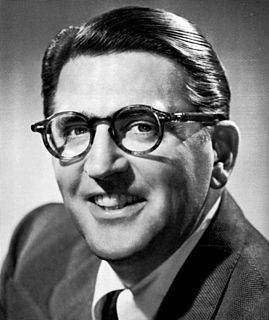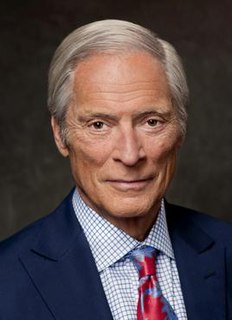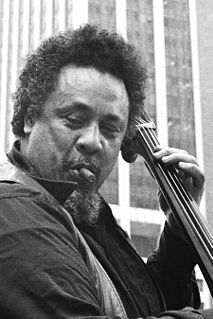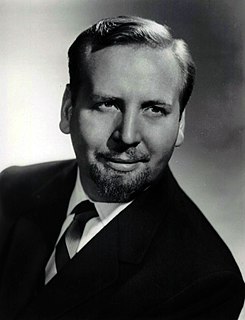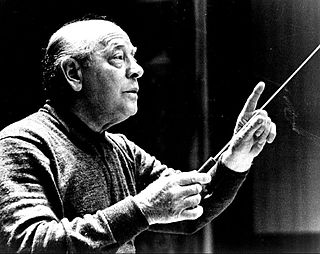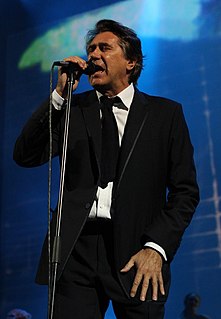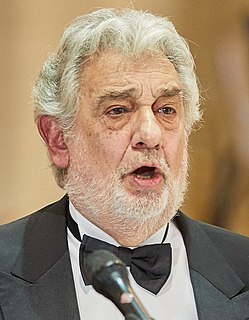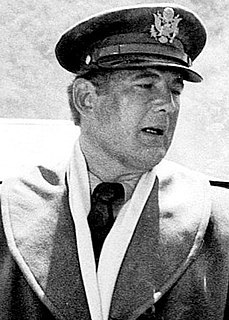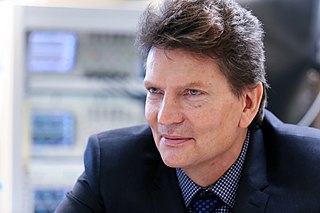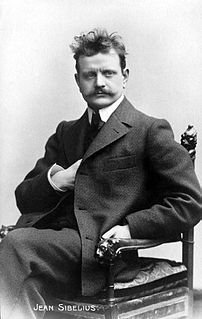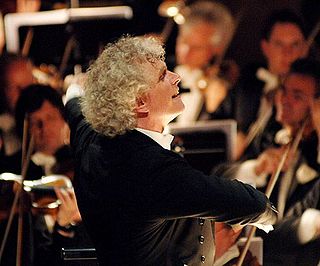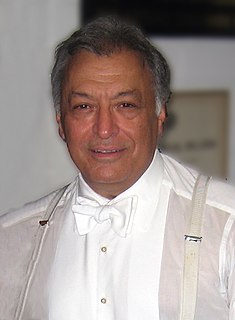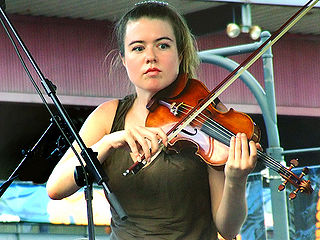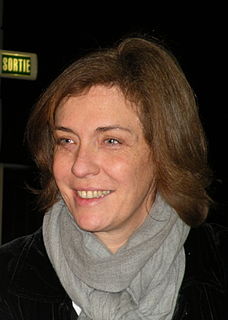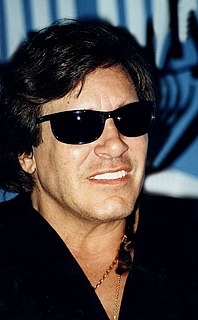Top 517 Symphony Orchestras Quotes & Sayings
Explore popular Symphony Orchestras quotes.
Last updated on April 14, 2025.
From the explanatory notes that Willson wrote to accompany his symphony, A Symphony of San Francisco,: "Generally speaking, the first movement is intended to convey pioneer courage, loyalty, strength of purpose and freedom." The trumpet motive in the closing Allegro "is a call of defiance to the very elements themselves that had the temerity to dispute the spiritual strength and courage of the golden city of the West."
You know how it is in the symphony when you are listening to the symphony, the last notes die away, and there's often a beat of silence in the auditorium before the applause begins. It's a very full and pregnant silence. Now theology should bring us to live into that silence, into that pregnant pause.
Few tears will be shed over the demise of the East German army, but what about East Germany’s eighty symphony orchestras, bound to lose some subsidies? Or the whole East German system, which covered everyone in a security blanket from day care to health care, from housing to education? Some people are beginning to express, if ever so slightly, nostalgia for that Berlin Wall.
[As a kid] I felt it was really weird that music schools behaved like a conveyor belt to make performers for those symphony orchestras. If you were really good and practiced your violin for a few hours a day for ten years you might be invited to this VIP elite club. For me music was not about that. It is about freedom and expression and individuality and impulsiveness and spontaneity. It wasn't so Apollonian; it was more Dionysian.
A young man, just beginning the study of musical composition, once went to Mozart and asked him the formula for developing the theme of a symphony. Mozart suggested that a symphony was rather an ambitious project for a beginner: perhaps the young man might better try his hand at something simpler first. "But you were writing symphonies when you were my age." the student protested. "Yes, but I didn't have to ask how."
I have been told that a young would-be composer wrote to Mozart asking advice about how to compose a symphony. Mozart responded that a symphony was a complex and demanding form and it would be better to start with something simpler. The young man protested, 'But, Herr Mozart, you wrote symphonies when you were younger than I am now.' Mozart replied, 'I never asked how.
For in the immediate world, everything is to be discerned, for him who can discern it, and central and simply, without either dissection into science, or digestion into art, but with the whole of consciousness, seeking to perceive it as it stands: so that the aspect of a street in sunlight can roar in the heart of itself as a symphony, perhaps as no symphony can: and all of consciousness is shifted from the imagined, the revisive, to the effort to perceive simply the cruel radiation of what is.
When I was growing up, there were no women in orchestras. Auditioners thought they could tell the difference between a woman playing and a man. Some intelligent person devised a simple solution: Drop a curtain between the auditioners and the people trying out. And, lo and behold, women began to get jobs in symphony orchestras.
I listen to the summer symphony outside my window. Truthfully, it's not a symphony at all. There's no tune, no melody, only the same notes over and over. Chirps and tweets and trills and burples. It's as if the insect orchestra is forever tuning its instruments, forever waiting for the maestro to tap his baton and bring them to order. I, for one, hope the maestro never comes. I love the music mess of it.
It seemed to me that had Haydn lived to our day he would have retained his own style while accepting something of the new at the same time. That was the kind of symphony I wanted to write: a symphony in the classical style. And when I saw that my idea was beginning to work, I called it the Classical Symphony.
In Hamburg, there are three major orchestras, an opera house, and one of the great concert-hall acoustics in Europe at the Laeiszhalle, in a town a fifth the size of London. And that's not unusual. In Germany, there are dozens of towns with two or three orchestras. The connection with music goes very, very deep.
As the great Confucius said, "The one who would be in constant happiness must frequently change." Flow. But we keep looking back, don't we? We cling to things in the past and cling to things in the present...Do you want to enjoy a symphony? Don't hold on to a few bars of the music. Don't hold on to a couple of notes. Let them pass, let them flow. The whole enjoyment of a symphony lies in your readiness to allow the notes to pass.
When I auditioned actors I never make them act. I choose a long symphony, then I tell them to sit down and I play the symphony for them. Then I sit and I look at them. I always pick a piece of music that has up and downs, very dramatic parts, very quiet parts and really sensitive parts so that it can produce different emotions.
Have you seen a symphony orchestra? There is a person at the back carrying a triangle. Now and again the conductor will point to him or her and that person will play "ting." That might seem so insignificant, but in the conception of the composer something irreplaceable would be lost to the total beauty of the symphony if that "ting" did not happen.
Music will still be a big part of our environment. The Bible talks about choirs of angels and how there is singing in Heaven. We're going to have the greatest choirs, the greatest bands and symphony orchestras, the greatest music that the world has ever known. The world has never even heard music yet compared to what we're going to have there! If humans can make the beautiful music they have learned to make with these hand-made instruments, think what God can do supernaturally!
To me it's no accident that all the symphony orchestras around the world tune up to the note A. And A is 440 cycles, except in Germany where it's 444. But the universe is 450 cycles. So what I'm trying to say is, I think it's God's voice, melody especially. Counterpoint, retrograde inversion, harmony... that's the science and the craft.
The point of recapitulation in the first movement of Beethoven's Ninth Symphony unleashes one of the most horrifyingly violent episodes in the history of music....The point is not to hold up Beethoven as exceptionally monstrous. The Ninth Symphony is probably our most compelling articulation in music of the contradictory impulses that have organized patriarchal culture since the Enlightenment. Moreover, within the parameters of his own musical compositions, he may be heard as enacting a critique of narrative obligations that is...devestating.
I love Gustavo Dudamel and I love what he does for classical music, and I love what he comes out of, El Sistema and the old man Abreu. When we were in Venezuela, I had the chance to go to his building. He had, like, five or six orchestras playing of kids from the hood playing, like, Mahler's third symphony and Shostakovich fifth and Beethoven. Man, it's unbelievable. I mean, they could play.
